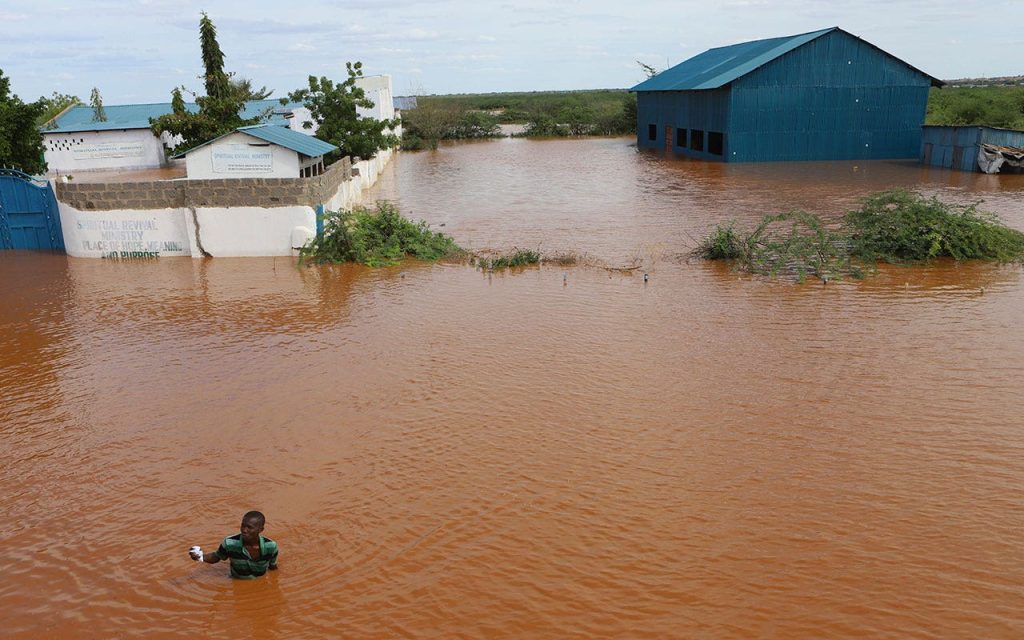The UN’s World Food Programme has issued a warning regarding a surge in hunger in several countries, including Zambia and Afghanistan, due to extreme weather attributed to the El Niño phenomenon. Southern Africa, in particular, has been significantly impacted, with Malawi, Zimbabwe, and Zambia experiencing severe droughts and floods over the past three years that have devastated staple crops, leaving millions of people vulnerable. The WFP is calling for donors to provide $409 million for six months to assist 4.8 million people in these countries.
Aside from southern Africa, countries like Congo and Afghanistan are also facing similar challenges due to changing weather conditions that have destroyed crops, killed livestock, and displaced people, leading to widespread hunger. This is exacerbating existing hunger crises caused by conflict in Gaza and Sudan, further stretching the WFP’s aid capacity. The call for urgent aid comes after the Southern African Development Community made a plea for help, estimating that more than 61 million people in the region require assistance totaling $5.5 billion to cope with the impact of extreme weather events.
The El Niño-induced droughts and floods in southern Africa have had a multitude of negative effects on the region, contributing to issues such as disease outbreaks and electricity shortages in countries like Zambia, which rely on hydroelectric power. The impact of these extreme weather events has been compounded by human-caused climate change, with the region experiencing stronger and wetter tropical cyclones in recent years, causing further destruction. Despite contributing the least to climate change, African countries are expected to suffer the most, as they are generally ill-equipped to deal with the consequences.
Even before the current floods and drought, food insecurity and malnutrition were already major concerns in countries like Malawi, Zimbabwe, and Zambia. Humanitarian assistance had been hampered by funding shortages, making the situation even more dire. The three countries have declared national disasters due to the effects of this year’s drought, and other countries in the region have similarly dire assessments. Zimbabwe, for example, recently reported that around half of its population requires urgent assistance to survive. In East Africa, Kenya is also facing a potential hunger crisis after catastrophic floods displaced hundreds of thousands of people.
The WFP’s appeal for aid underscores the urgent need for assistance in the affected countries, where millions of people are struggling to feed themselves in the wake of extreme weather events. Without immediate support, the situation is likely to deteriorate further, leading to increased food insecurity, malnutrition, and other related issues. It is crucial for donors to step up and provide the necessary funding to help vulnerable populations in southern Africa and other affected regions cope with the impact of El Niño and other climate-related disasters.


